 |
 |
 |
 |
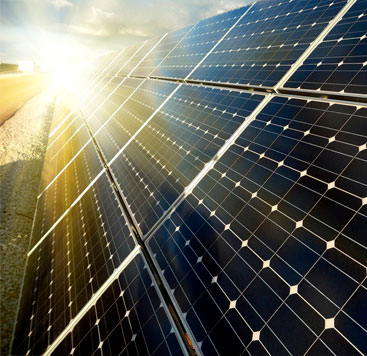 |
 |
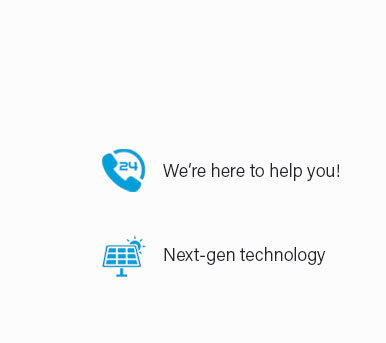 |
 |
 |
 |
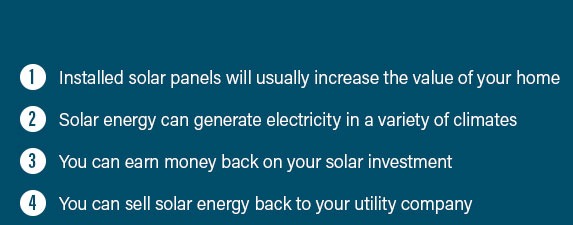 |
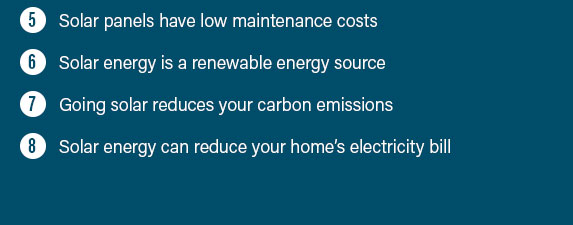 |
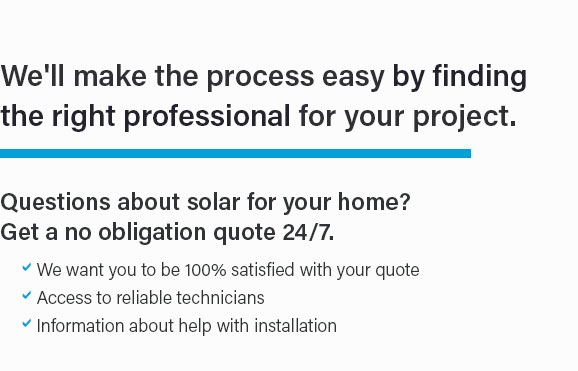 |
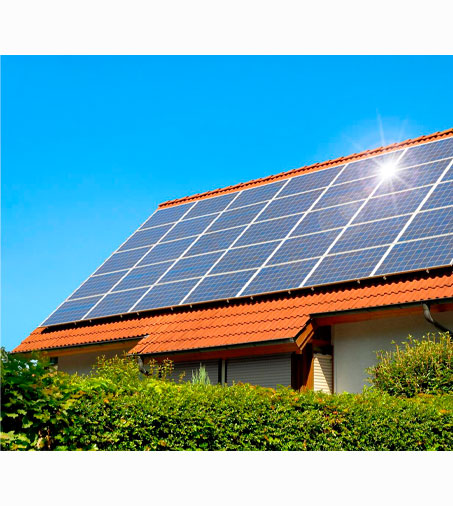 |
|
 |
 |
 |
|
Unlock the power of the sun with NJ Solar Panel Installation-where innovation meets savings! Imagine harnessing clean, renewable energy effortlessly while boosting your property's value and slashing energy bills. Get your personalized solar panels installation quote today and step into a future where you're in control; our expert team ensures a seamless transition to solar energy tailored for New Jersey's unique climate, providing you with sustainable solutions that not only make financial sense but also champion environmental responsibility. Don't just adapt to change-lead it.
https://www.energysage.com/local-data/solar/nj/
The average New Jersey homeowner needs a 12.61 kW solar panel system to cover their electricity needs, which comes out to $32,462 before incentives. Prices ... https://dep.nj.gov/cleanenergy/technologies/solar/
New Jersey has an interactive Solar PV dashboard that provides a summary of solar PV installations in New Jersey's counties. According to the Solar Energy ... https://nj.pseg.com/saveenergyandmoney/solarandrenewableenergy
A house with solar panels on the roof is shown. Solar Power and Net Metering. Most solar photovoltaic (PV) systems in New Jersey are connected to the local ...
|